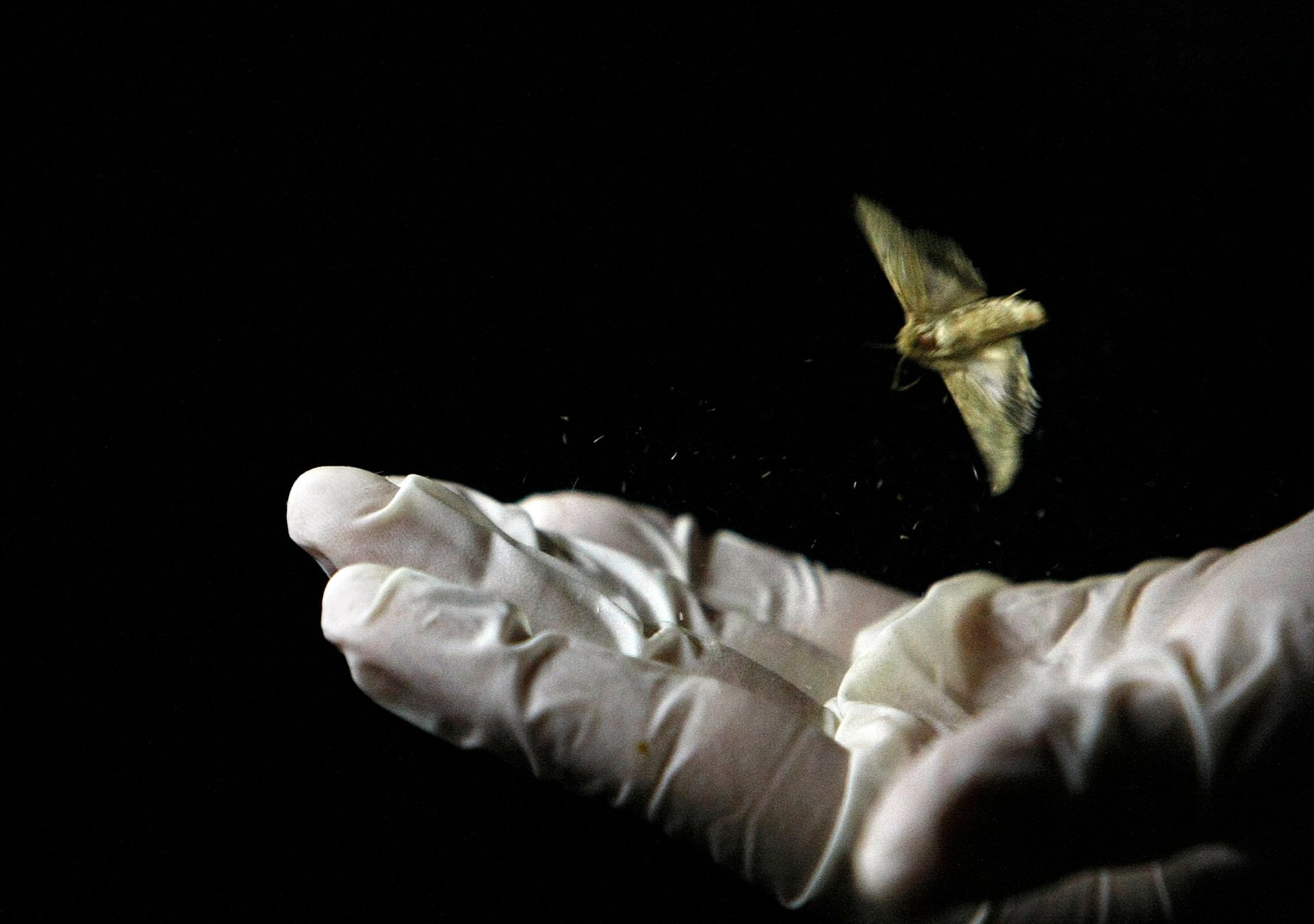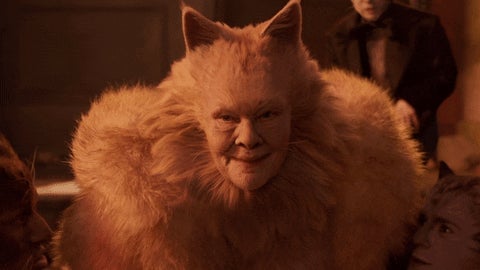Failure: 404, this Obsession can’t be found
Bank collapses, helpful scientific failures, and failing up.

It’s what comes after
Suggested Reading
On May 1, First Republic Bank collapsed. JPMorgan Chase was there to pick up the pieces, but the damage was done—for the third time in as many months, a US bank had failed.
Related Content
Did this intro fail to get your attention?
This one thing about bank failure
What if there was a public tech bank, one that would not only provide stability, but allow more long-term planning for tech projects that could improve the lives of generations to come?
In the latest episode of the Quartz Obsession podcast, economics reporter Nate DiCamillo explains to host Scott Nover why SVB’s failure is the perfect moment to rethink how we finance innovation.
✅ Subscribe wherever you get your podcasts: Apple Podcasts | Spotify | Google | Stitcher | YouTube
By the digits
90%: Number of startups that fail
20%: Number of businesses that fail in their first year in the US
13: Criminal charges against Sam Bankman-Fried, the founder of the ill-fated crypto exchange FTX
404: An error where a web page can’t be found, possibly named after the room that housed the first web servers at CERN
Origin story

The first failures
Linear thinking has always had its limitations. Chinese philosopher Lao Tzu was one of the first people to write about the necessity of failure. His Tao Te Ching (400 BC) says that “failure is an opportunity,” driving home what Siddhartha Gautama’s misadventures, Julius Caesar’s doomed Roman Empire, and Thomas Edison’s botched experiments would later teach us: Human progress hinges on failure.
First failures often have the power to redirect history, industry, and depending on their influence, our understanding of existence. One of the most notable scientific failures was the 1887 Michelson-Morley experiment. It was an attempt to find a luminiferous ether that propagated light waves, and it utterly failed. But many historians believe it helped Albert Einstein one day arrive at his theory of special relativity.
Even the world’s first computer bug, discovered in 1947 (it was an actual moth disrupting the electronics in the system’s hardware) advanced our understanding of how to debug equipment and secure systems.
Quotable
“She felt covered in failure and she felt sure that people could smell and see it on her. The failure was like a fine coating of ash, after a fire. But it wasn’t only on her skin; it was in her nose, in her mouth, in her lungs, in her molecules becoming part of her. She would never be rid of it.”
Pop quiz

What was the largest ever US box office bomb, in terms of money lost?
A. Cutthroat Island (1995)
B. John Carter (2012)
C. A Christmas Carol (2009)
D. Cats (2019)
Don’t fail to scroll to the bottom of this email to find the answer.
Brief history
~9th century BCE: The ancient city of Pompeii is built next to Mount Vesuvius, which erupts in 79 AD and destroys the city.
Fun fact!
There’s an optimal rate of failure for learning: 15%. Machine learning experiments have found that when computers are right only 85% of the time, they get smarter, faster.
Take me down this 🐰 hole!
Power fail
On May 17, 2023, Liz Truss traveled to Taiwan to talk about China. Yes, that Liz Truss, the one who couldn’t lead the UK longer than a head of lettuce could stay fresh in the fridge and who, during her brief tenure as prime minister, made a £30 billion policy blunder that’s still haunting the country’s economy.
Bennett framed Truss’s trip as a bit mad and impressive. Rejecting, and even rewarding, failure at the public policy-making level shows just how endemic this type of thinking has become. There’s also a power element involved. Political scientist Adam Lerner put it this way: “Failing upwards seems uniquely about power—both the power of those who facilitate it and the power-hungry who benefit from it.”
Failure hasn’t undergone any radical change from the days of Lao Tzu’s philosophizing, but maybe the lack of accountability for the powerful has. Go to jail for insider trading, make the cover of Sports Illustrated; be convicted as a con artist, get a Netflix series based on your life. The philosophical question of the moment may be: What happens when there’s only a very blurry line between learning from failure and denying it?
Poll

How do you feel about failing upward?
- Redemption is so sweet
- Without accountability, it’s a farce
- I’m still haunted by my failed math tests
Please, succeed in responding to our query.
💬 Let’s talk!
In last week’s poll about the Streisand Effect, we asked about another kind of Streisand effect—the kind the actual singer has on your heart and soul. 56% of you replied that you’re more into the song “Barbra Streisand” by Duck Sauce than you were by the music of Babs herself.
Today’s email was written by Morgan Haefner (failed to turn the draft for this email in on time), and edited and produced by Annaliese Griffin (would have been on the 35W bridge at the moment of collapse, if her friend hadn’t made a well-timed wrong turn).
The correct answer to the pop quiz is B., John Carter. It chronicles the interplanetary adventures of John Carter, based on the Barsoom books by Edgar Rice Burroughs. It is estimated to have lost between $132 million and $236 million.